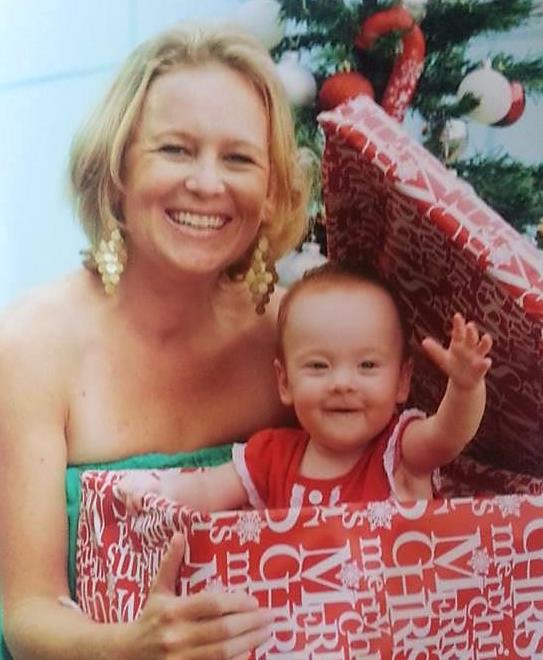Sometimes emotions such as depression or anxiety can take on a life of their own and become an illness. These illnesses might be similar to episodes you’ve had previously, if there is a history of depression or anxiety, or they might be occurring for the first time.
Depression and anxiety
Patients with depression might experience: sadness, irritability, loss of interest in usually pleasurable activities, changes in appetite, changes in sleep, feeling slowed down, poor memory and concentration, feeling worthless or guilty; thoughts about death, wanting to be dead, or suicide.
Patients with anxiety might experience: worry or fear; physical symptoms including palpitations, breathlessness, sweating and tingling; and avoidance of situations that cause fear or worry.
 If you think you might be depressed or anxious, it is important to ask for help. It’s hard enough just dealing with medical issues without also struggling emotionally. In addition, depression can make it harder to adhere to your medications, exercise routine, diet and get to appointments. Anxiety can lead to avoiding tests, treatments and appointments.
If you think you might be depressed or anxious, it is important to ask for help. It’s hard enough just dealing with medical issues without also struggling emotionally. In addition, depression can make it harder to adhere to your medications, exercise routine, diet and get to appointments. Anxiety can lead to avoiding tests, treatments and appointments.
Treatment of depression and anxiety after a transplant is much the same as in other settings. It will generally involve either medication (antidepressants) or talking therapies, or a combination of both. It’s important to think about the choice of medication, especially if you have a liver or kidney transplant that is not functioning perfectly.
There are many non-medical ways of reducing anxiety levels including slow breathing (sometimes called controlled breathing), progressive muscle relaxation, meditation and mindfulness.
So who would you ask for help? There are various options. You can ask the transplant team for advice on whom to talk to. You can ask your specialist physician for help. You can also approach your GP. Some transplant services will have access to a transplant psychiatrist or a general hospital psychiatrist.
Your medications, emotions and cognition: Some emotions can be contributed to your anti-rejection medications.
Steroids in particular (for example, prednisone or prednisolone) and also the calcineurin inhibitors (such as tacrolimus) can affect your emotions and also your cognition (thinking). Side effects can include insomnia, feeling wound up or on-edge, mood swings, tearfulness, confusion, vivid dreams and, less commonly, unusual experiences (such as seeing things that are not there).
When your doctors start to reduce your steroid dose, these side effects should settle down.
You should let you doctors know if you’re experiencing any of these side effects. It is often possible to help with them in some way: for example, medication for a short period to help you sleep at night.
The use of alcohol and illicit substances like ecstasy, speed, cocaine, marijuana and heroin are associated with the risk of negative consequences for all of us, but might also pose greater risks related to your specific transplant. There might be direct effects on your transplant organ. Intoxication can lead to forgetting your anti-rejection medication or taking it at the wrong time. This is an area which you really need to discuss with your transplant team or doctor.
The amount of alcohol you can consume depends on the type of transplant you’ve received. Check with your doctor to make sure you understand how many drinks are safe to consume.
Remember: drinking too much can raise your blood pressure and cause weight gain. For more on alcohol limits and safe living, click here.
 Some useful resources
Some useful resources
Beyondblue – 1300 22 4636
Beyondblue provides information and phone support around depression and anxiety.
Head to Health
Head to Health pulls together mental health information from different places into the one website, and provides information and phone support.




 If you think you might be depressed or anxious, it is important to ask for help. It’s hard enough just dealing with medical issues without also struggling emotionally. In addition, depression can make it harder to adhere to your medications, exercise routine, diet and get to appointments. Anxiety can lead to avoiding tests, treatments and appointments.
If you think you might be depressed or anxious, it is important to ask for help. It’s hard enough just dealing with medical issues without also struggling emotionally. In addition, depression can make it harder to adhere to your medications, exercise routine, diet and get to appointments. Anxiety can lead to avoiding tests, treatments and appointments. Some useful resources
Some useful resources
Recent Comments